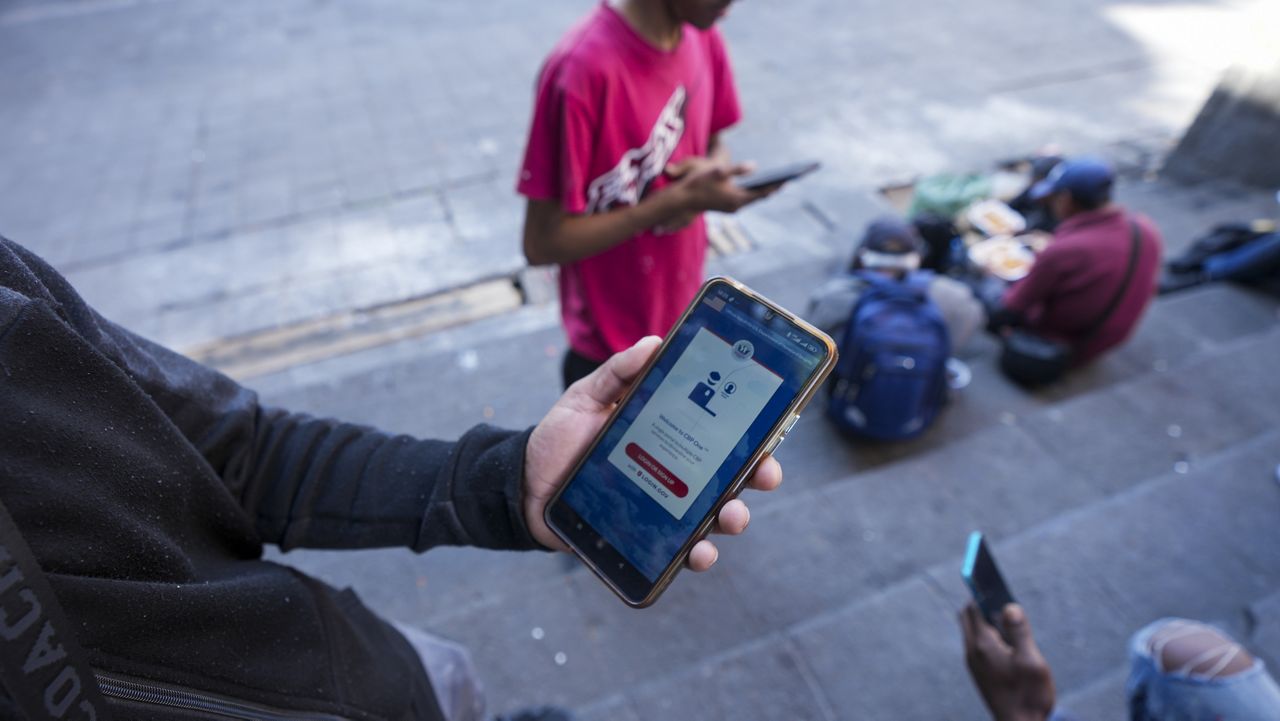LOS ANGELES — It was fostering and then adoption that made Sherman Oaks resident Juan Orozco a dad.
“We’ve jumped through a lot of hurdles trying to get to this point,” Orozco says as he high-fives his bright-eyed 3-year-old Rose, who the Orozcos recently adopted after fostering for years.
What You Need To Know
- Up to 90% of California’s Foster Family Agencies could soon lose some of their liability insurance policies
- Thousands of California’s foster kids could be displaced if their Foster Family Agencies stop operating
- A bill was introduced in the legislature to address the problem, but the insurance pool says it doesn’t go far enough to solve the issue
Hoping to complete their family, 4-months ago they started fostering a baby boy. Born with drugs in his system, the Orozcos gave him peace and stability, but that could be short-lived, because in a matter of weeks he and thousands of California foster kids will be removed from their foster homes.
“We don’t know if we are going to continue with him being in our lives and that’s devastating,” says Orozco.
Families like the Orozcos get their foster permit through a Foster Family Agency or FFA, for the Orozcos it’s Aviva Family and Children’s Services. Licensed FFAs like Aviva help counties place high-needs kids in family settings instead of group homes.
But in the coming months, around 90% of California’s FFAs could lose some of their liability insurance policies after the public pool, Nonprofits Insurance Alliance of California (NIAC), announced they’re canceling policy renewals.
The cancellation announcement follows multi-million-dollar payouts to foster kids who were abused by foster parents.
“This isn’t about FFAs suddenly becoming riskier, it’s not that at all,” says Pamela Davis, the president of NIAC and a former foster parent. “It’s just that the tactics of the plaintiffs’ attorneys and the tendency of juries to always think that somebody is at fault even if FFA’s did everything right, has just made it impossible for us to continue to insure them.”
Trying to keep the Foster Family Agencies insured, Assemblymember Gail Pellerin proposed legislation, saying on the Assembly floor “this is a temporary solution to a dire situation. The bill was amended in the senate to ensure 7,900 of our most vulnerable foster kids can stay in their foster home despite the fact that foster family agencies can no longer obtain insurance.”
But even though the bill passed, NIAC said it didn’t go far enough and a few weeks later they announced they wouldn’t be renewing multiple key liability policies.
Without that insurance, Amber Rivas, President and CEO of Aviva Family and Children’s Services, says they can’t operate: “This is absolutely catastrophic. This crisis has the potential to destabilize the child welfare system across the state.”
Rivas says they’ve explored other insurers in the market, but the high cost makes it unattainable for them.
This could mean that soon Los Angeles County’s Department of Children and Family Services (LACDFS), along with its counterparts across the state, will have a torrent of foster kids turned over to them as the FFA’s lose their ability to operate.
LACDFS sent Spectrum News a statement on those prospects that reads, in part, “the impact of such a loss would be devastating to hundreds of children who could be displaced and to jurisdictions across the state.”
It would also be devastating to foster parents like Juan Orozco.
“It’s heartbreaking because we do want to get to the point to adopt,” he said. “We do want to get to the point that I want to see baby boy grow up to be 18 years, probably going to a first,” he chokes up, and he goes silent, thinking of the future family that now seems in jeopardy.
Under his breath he mutters, “probably to his first baseball game…”













